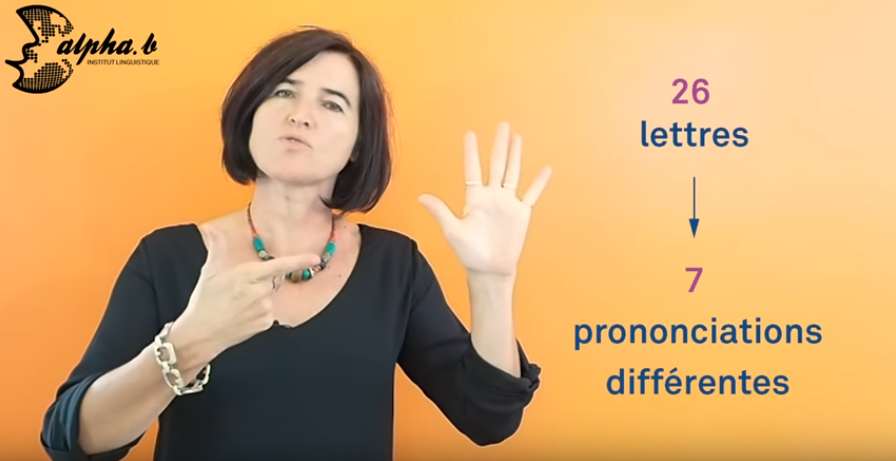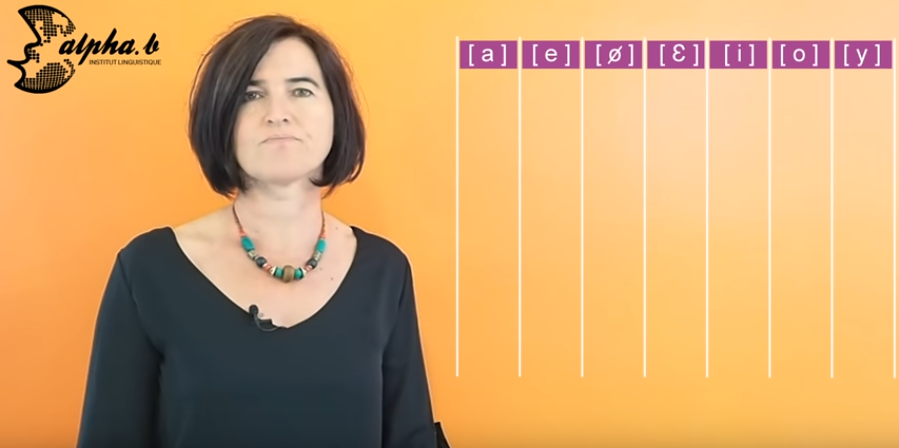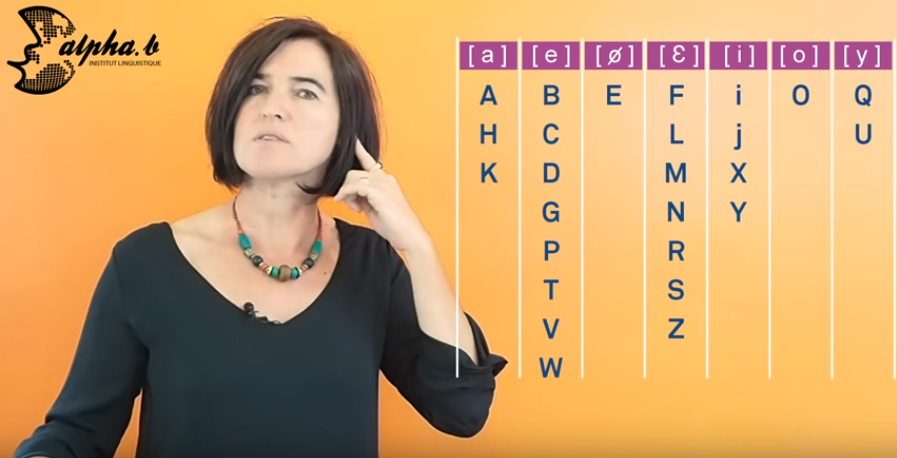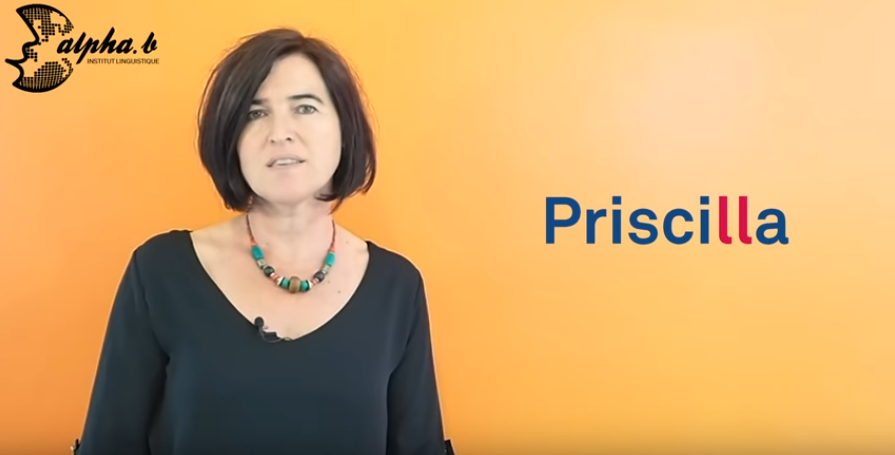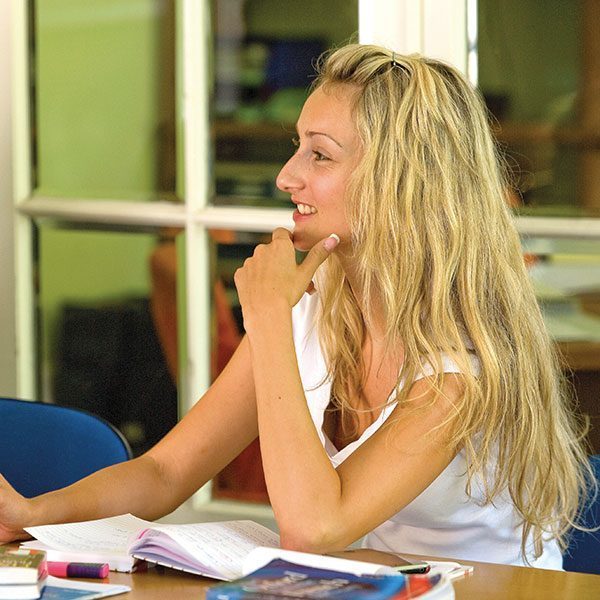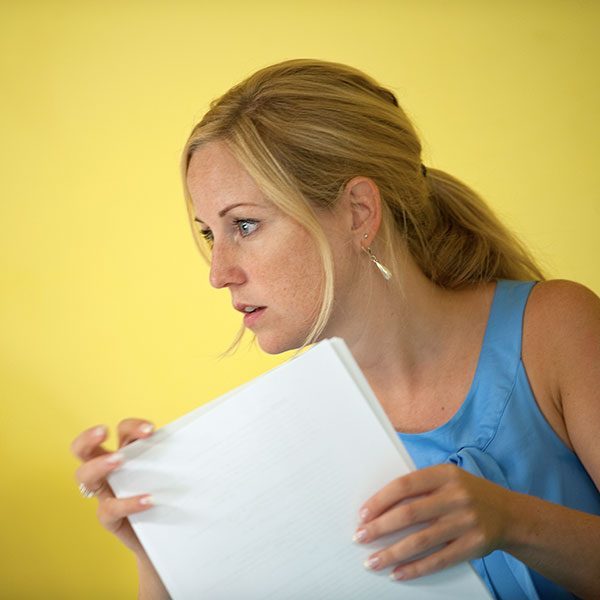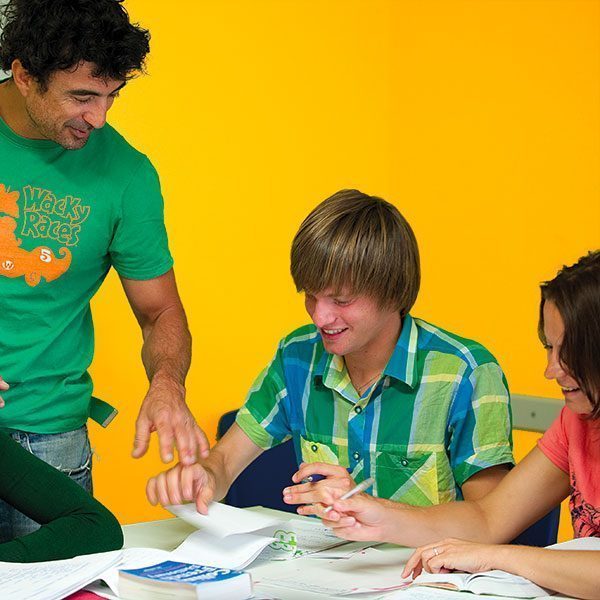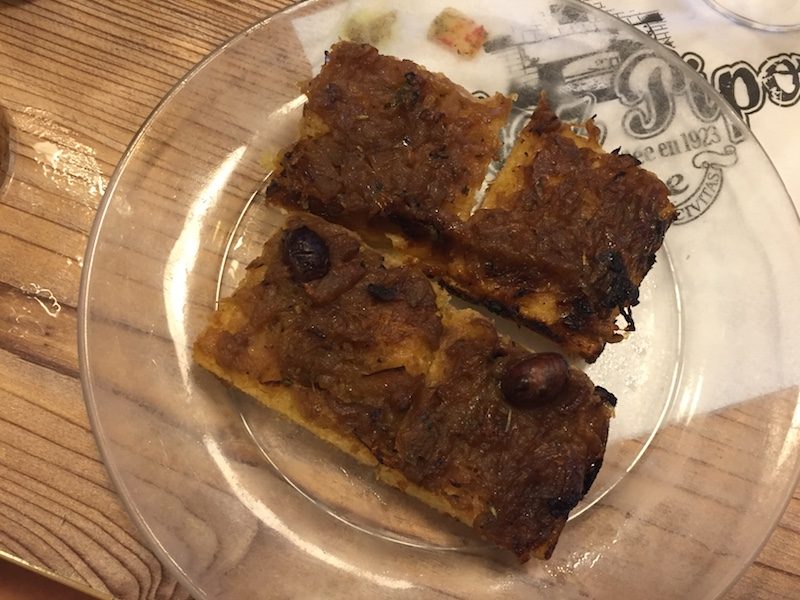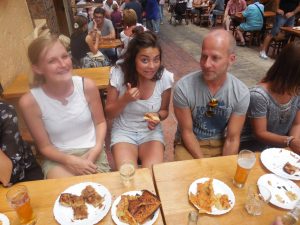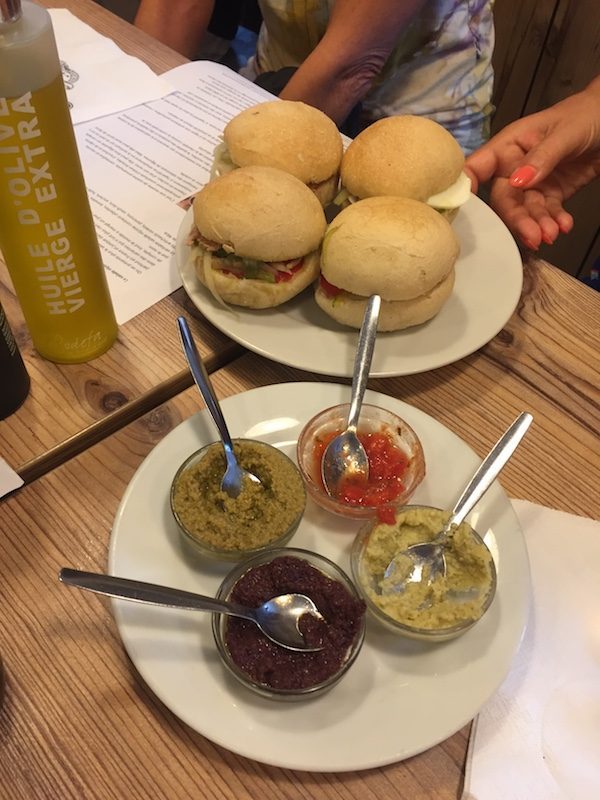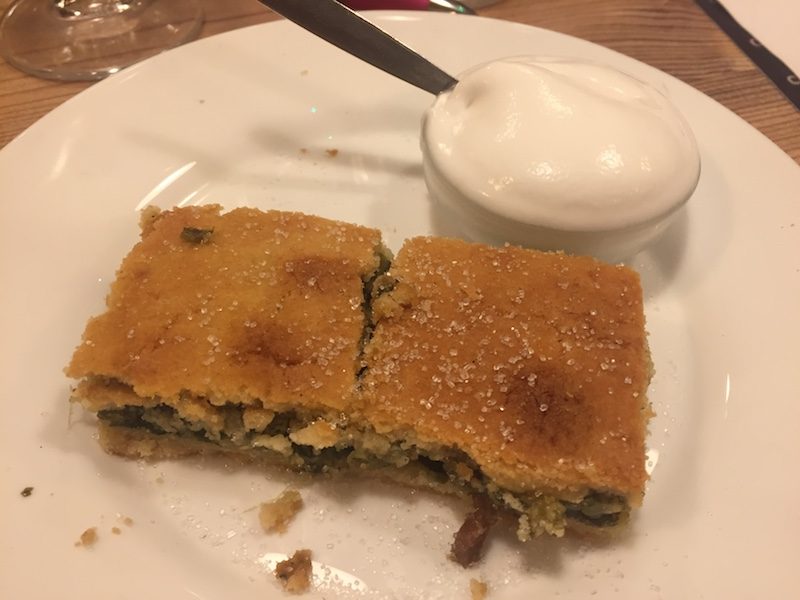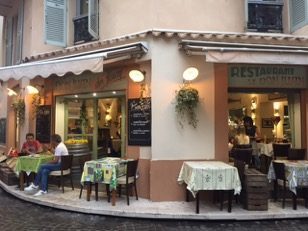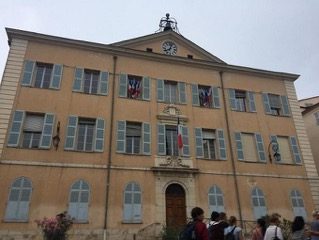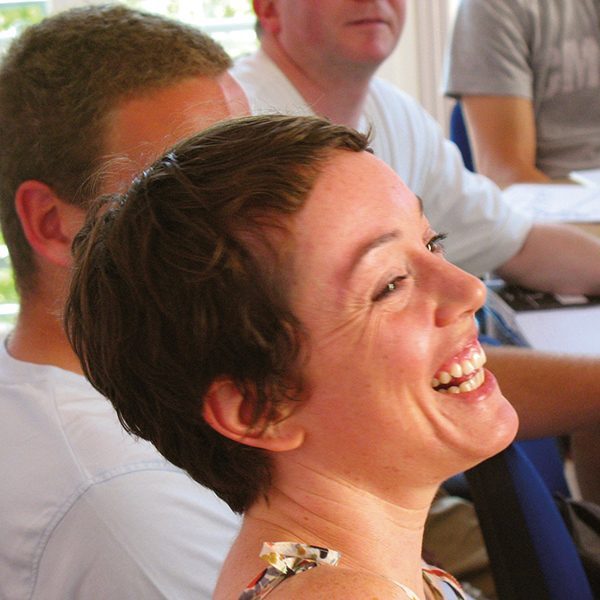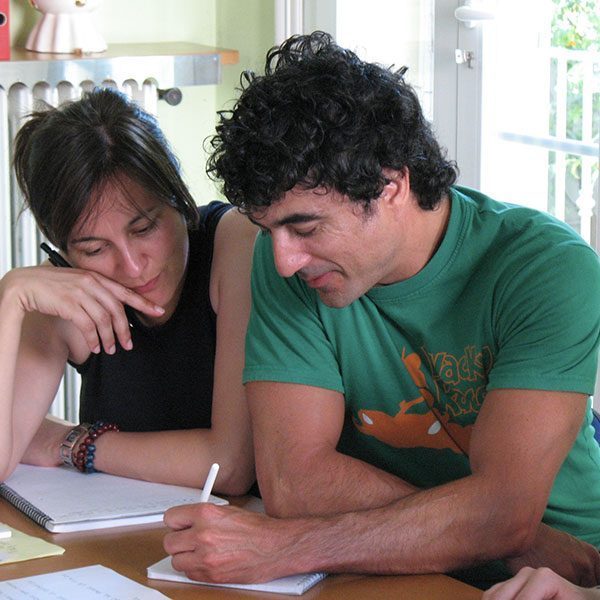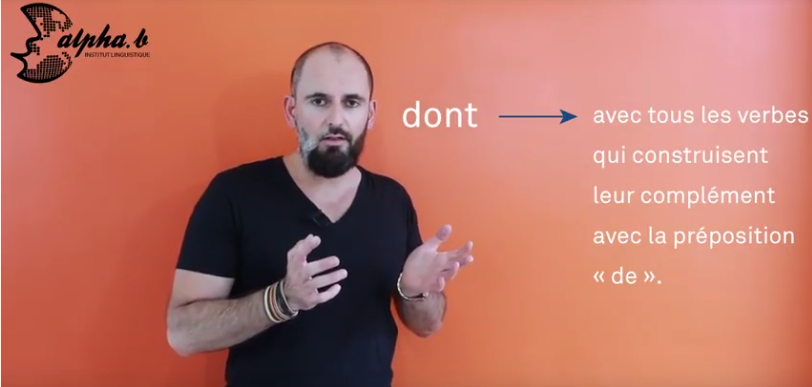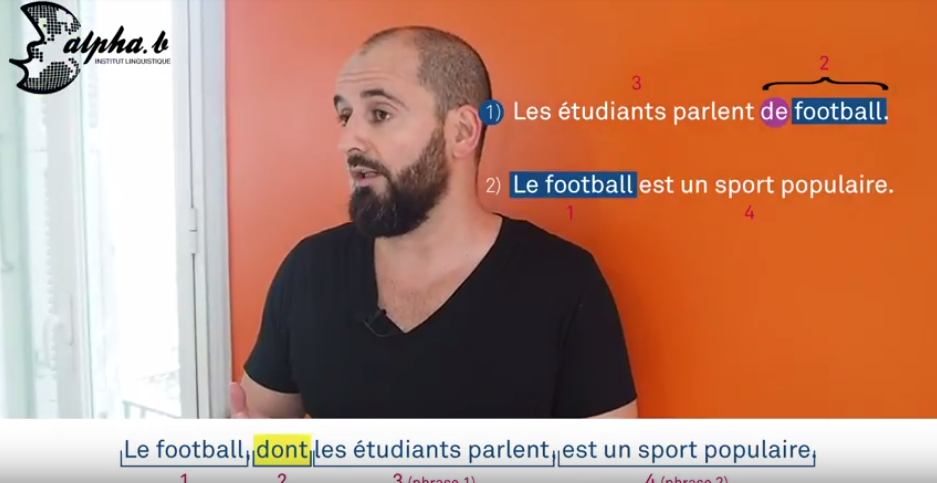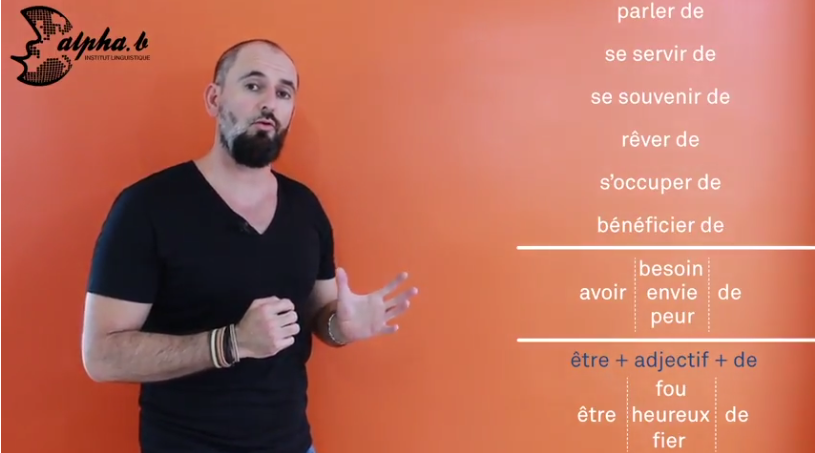If you are considering taking a French course at alpha.b language school, one of the main attractions might well be its sought-after location, as Nice is extremely picturesque and, in fact, the largest city on the French Riviera. But what is life really like in this vibrant city with a population of around 350,000 people?
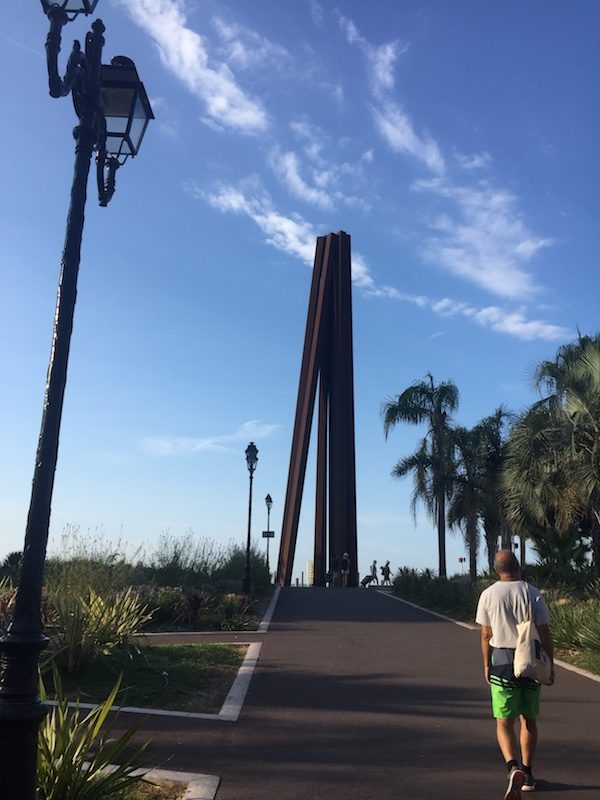
It goes without saying that one true benefit of living in Nice is its climate. During the summer time, sunny weather is virtually guaranteed and even winter temperatures are fairly mild.

So, why not make the most of your morning before the heat really sets in and kick-start your day by joining the numerous cyclists, runners and pedestrians who take on the famous ‘Promenade des Anglais’ everyday? (For the social media conscious – don’t miss out on the chance to snap the perfect picture of the #ILOVENICE sign, with its more than aesthetically pleasing ocean-blue backdrop!)
What a wonderful way to begin your day, combining the stunning views of the Mediterranean Ocean with the added bonus of the morning endorphins. Or, you could even head in the opposite direction towards the spectacular mountains, as Nice is fortunately set just in-between the two.
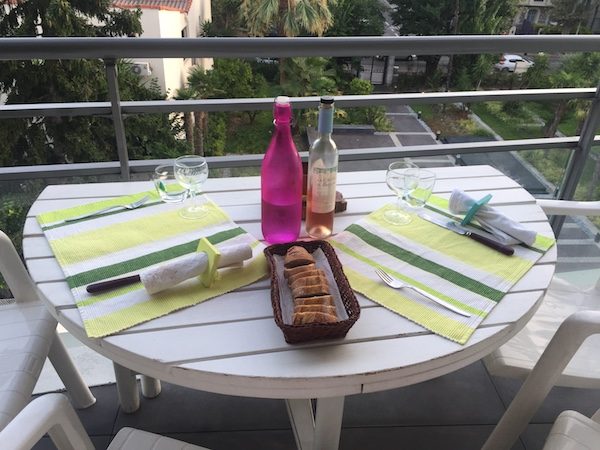
Afterwards, pick up some breakfast from any of the area’s numerous cafés and boulangeries. A morning croissant or pain au chocolat is not only a tasty but also an effortless way to feel typically French. Come and discover your favourite spot for yourself, you could even grab a freshly baked baguette ready for lunch while you’re at it…
After lessons you can benefit from the fact that the beach is only a stone’s throw away. As the beach is, actually, rather stony, you can also avoid the sometimes-irritating ability of sand to find its way into every single item of clothing that you own.


If a golden tan is not your number one priority, or if you are just unable to sit still, you are more than able to enjoy the outdoors as Nice has many parks, both inside and outside of the city centre. (To name a few: ‘Jardin Albert 1er’, ‘Parc de La Colline du Château’, ‘Promenade du Paillon’, ‘Parc Phoneix’.)

If it is retail therapy that you are after, then look no further as there are plenty of shops in which you can self-indulge. Head straight to ‘Avenue Jean-Médecin’ packed with high-street and independent shops alike, it is also home to the large ‘Nice Etoile’ shopping centre. Although if you’re looking to make a slightly bigger dent in your purse/wallet you could always visit the upscale department store ‘Galleries Lafayette’ or the designer shops that are dotted about the town.
An essential must-see whilst visiting Nice is its old town: ‘Vieux Nice’. Stroll through its winding streets where you can admire the charming boutiques and take part in the easy-going café culture that we commonly associate with life on the French Riviera. If you happen to feel a bit peckish, fear not as there is a wide variety of culinary possibilities at your fingertips. There is always time for a crêpe or an ice cream and my personal recommendation would be ‘Fenocchio’ in ‘Place Rosetti’ which is said to have over 100 flavours, some of the more bizarre created with regional influences in mind. Or, push yourself out of your comfort zone and get to know the local Niçoise cuisine whether it be socca, salade niçoise, pan bagnat or pissaladière.
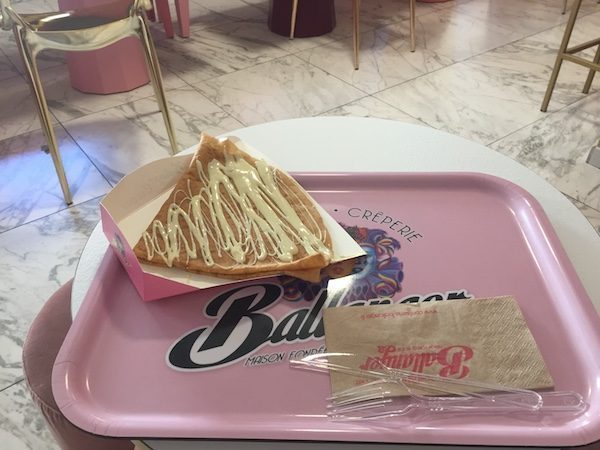

As for evening meals, ‘Cours Saleya’ is the perfect hot-spot for those wanting to dine out. During the morning it is home to the local markets, but you can also find many restaurants and bars in this area that is on the edge of the old town towards the sea. If you want to extend your night, treat yourself to a glass of rosé, a fundamental aspect of life in Nice (however, a refreshing orangina will also suffice).

If the number of activities on offer in Nice have you slightly concerned about the stamina of your feet, do not worry! Whilst most places are easy to reach on foot (or even bike), it is also very easy to get around here as the public transport network is made up of both trams and buses, both with affordable fares.
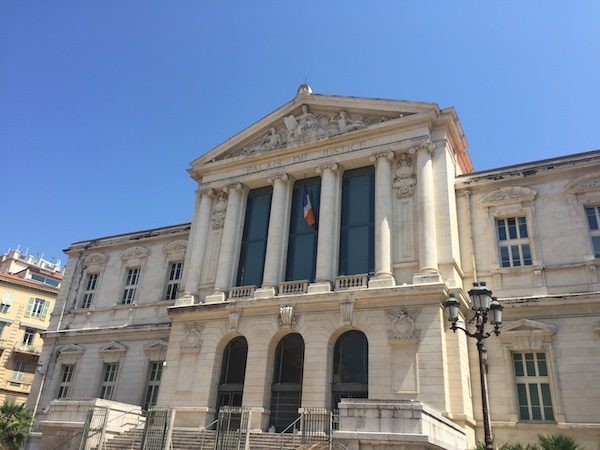
A brilliant aspect of choosing to stay in Nice is its proximity to other Mediterranean towns which are all accessible thanks to the well-connected train station. Nice can act as the perfect base, allowing you to visit the nearby glitz and glamour of Cannes and Monaco or even pop over the border into Italy!
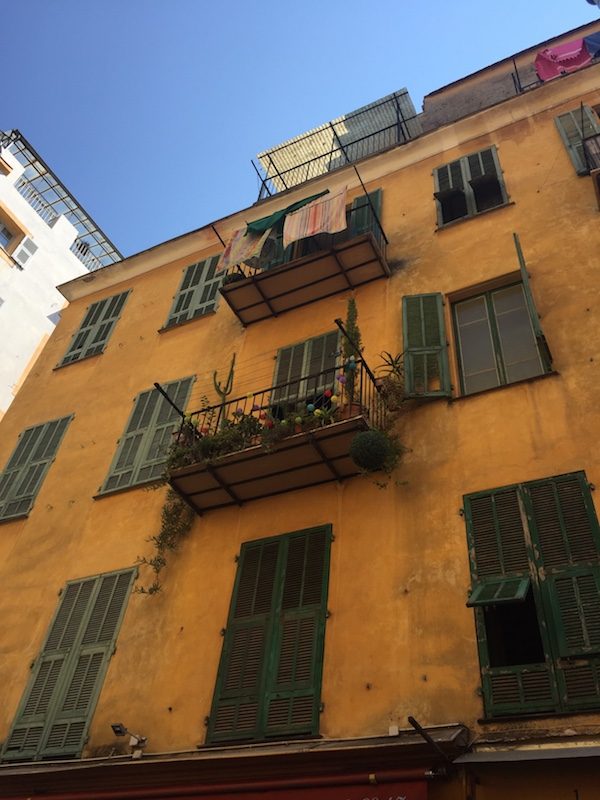
So, make sure that you are able to experience all that Nice has to offer for yourself by choosing a French language course at alpha.b. What’s not to love about improving your French and being able to explore the wonderful city of Nice simultaneously?! Find out more about life in Nice and our French language school by visiting our website: https://www.alpha-b.fr/en/activites-at-alpha-b/#10raisons

